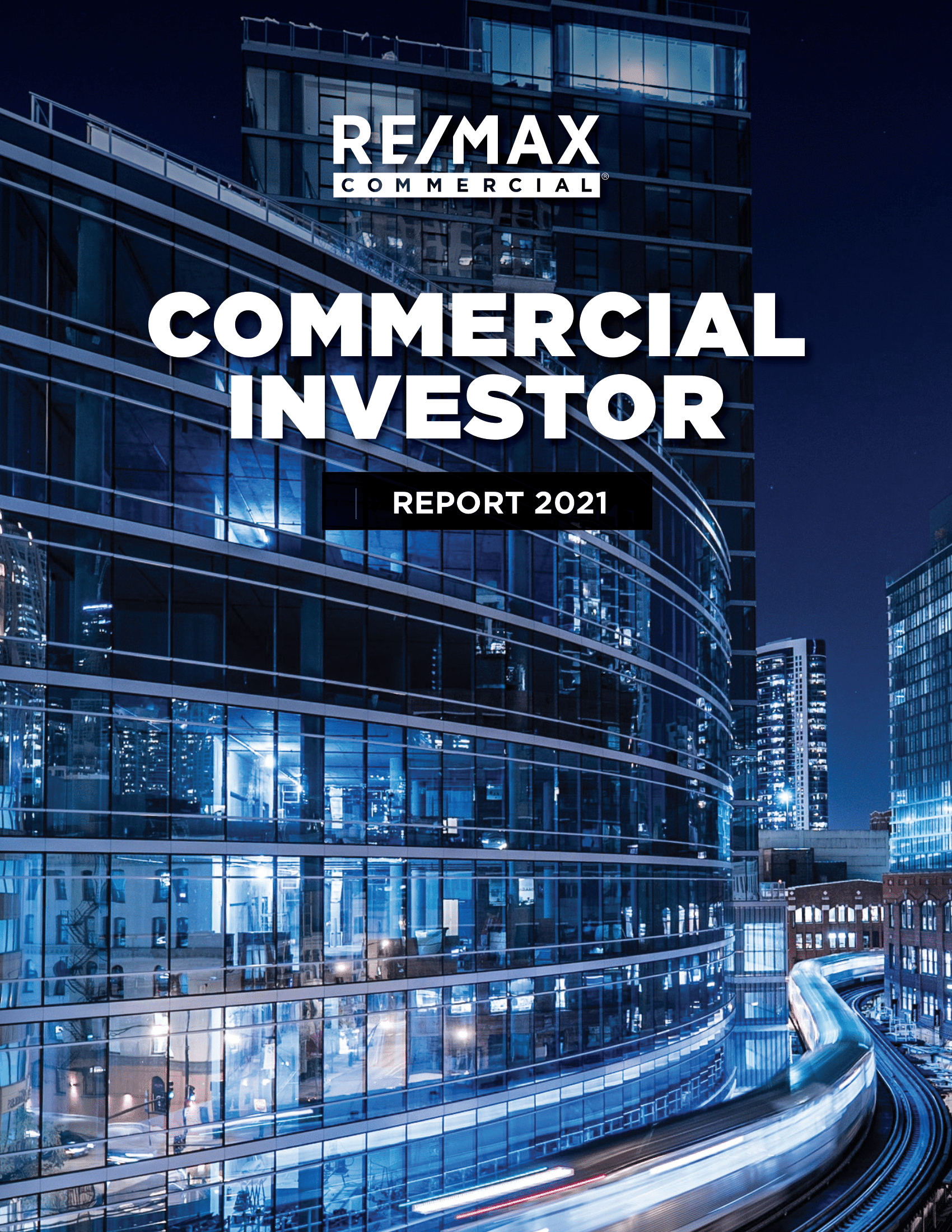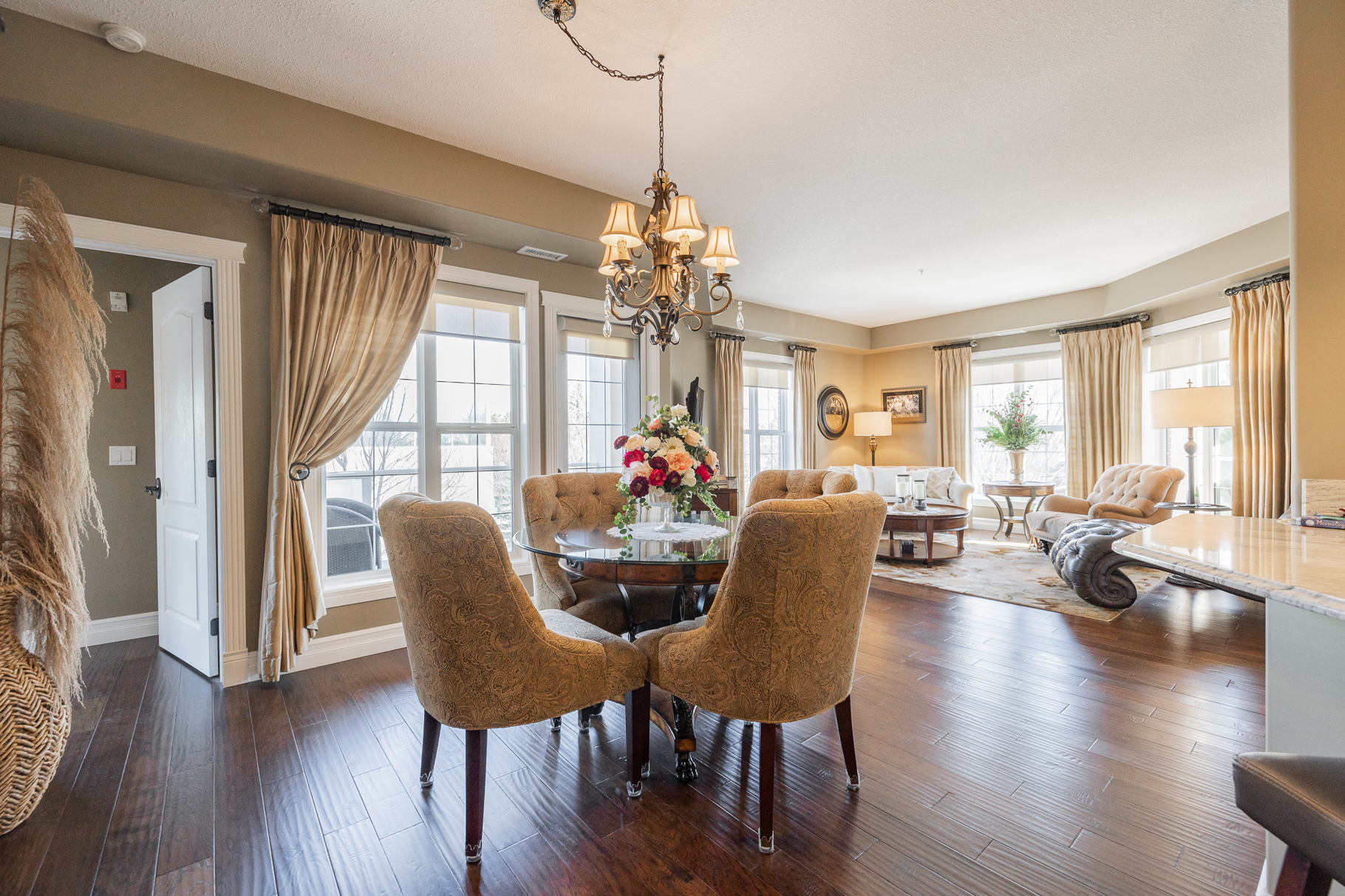A total of 9 homes SOLD in Lacombe Park this month. The highest priced home SOLD in Lacombe Park this month was a 5 bed, 4 bath, 2570 square foot home for $770642, and the lowest was a 3 bed, 2 bath, 817 square foot home for $350000, bringing the average to $550349 for 4 beds, 3 baths, and 1674 square feet.
CLICK HERE! to view all current Lacombe Park homes for sale by Don Cholak.
Sell your Lacombe Park home:
 Are you looking to sell your home in Lacombe Park? Don Cholak has decades of expertise and experience in Lacombe Park and is ready to help you sell your Lacombe Park home today! Just click the big red button above or call Don at 780-718-8400.
Are you looking to sell your home in Lacombe Park? Don Cholak has decades of expertise and experience in Lacombe Park and is ready to help you sell your Lacombe Park home today! Just click the big red button above or call Don at 780-718-8400.
Buy a home in Lacombe Park:

Are you looking to buy a home in Lacombe Park? Don Cholak is an expert and experienced Realtor in Lacombe Park and can help you find the perfect home in Lacombe Park today! Just click the big red button above or call Don at 780-718-8400.

















